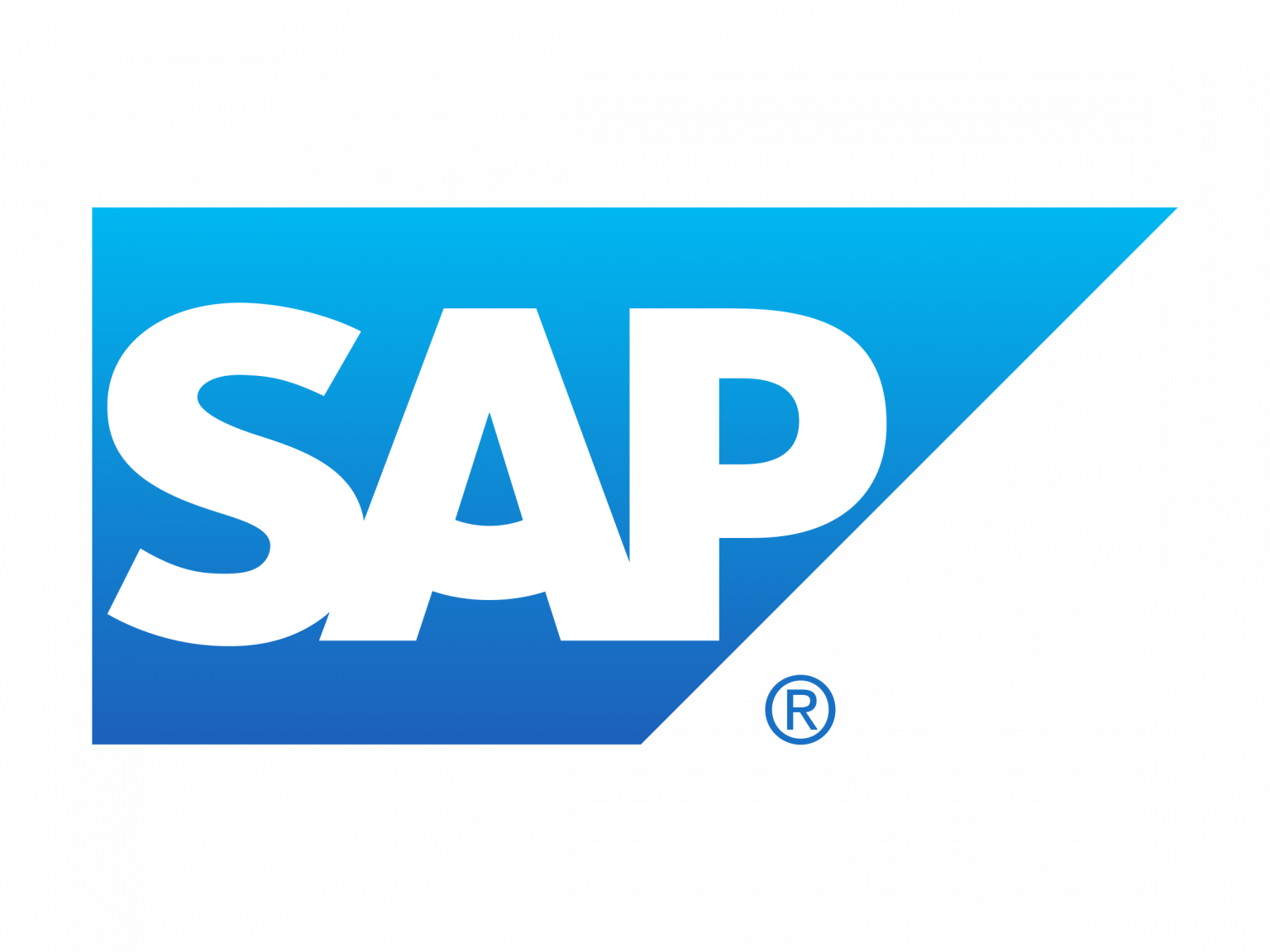
A cloud-native and headless platform that scales effectively.
Summing it up

Evaluation of BigCommerce on the basis of the international peer review.
Although some aspects of the BigCommerce platform lend themselves well to scalability, composability is not something that was originally built into BigCommerce’s offering.
BigCommerce began operations as a monolithic platform, although in recent years it has focused more on a modular system/microservices. As BigCommerce is a SaaS platform, customers do not consume or interact with microservices directly. Instead, these are utilized behind the scenes for easier customer implementation.
APIs via BigCommerce cover most use cases, but don’t offer full customizability. There are some areas where BigCommerce does not offer API coverage; however, because it is an Open SaaS platform, API coverage is fairly extensive.
Being an Open Saas platform, BigCommerce scores highest for being cloud native.
BigCommerce scores well for Headless overall, with its presentation layer decoupled from the front-end commerce engine. Partly because it has incorporated so many APIs, BigCommerce can be seen as a truly headless solution.
less
Native
First
larity
BigCommerce is an Open SaaS e-commerce platform for B2B and B2C retailers. Founded in 2009 in Sydney, Australia, BigCommerce is currently headquartered in Austin, Texas, USA. As of August 2020, BigCommerce is a NASDAQ-listed company. BigCommerce offers four pricing plans; Standard, Plus, Pro, and Enterprise. In order to fully assess its capabilities, this evaluation is based on their Enterprise plan.
Intro
BigCommerce is an Open SaaS e-commerce platform serving both B2B and B2C companies of all sizes. Founded in Sydney, Australia in 2009, they now provide services for tens of thousands of companies across 150 countries worldwide. BigCommerce is currently headquartered in Austin, Texas, USA, but has offices in San Francisco, USA; Sydney, Australia; and London, UK. As of August 2020, BigCommerce is a NASDAQ-listed company (Nasdaq: BIGC), having raised a $216.47 million IPO.
Key results
BigCommerce has an overall Composable Agility Score of 7.0. BigCommerce’s strongest subscore is 8.7 for being cloud native, which might be expected from an Open SaaS platform. The lowest score for BigCommerce is 5.3 for microservices. BigCommerce initially began operations as a monolithic platform, and has since built on their microservices offering. However, these are implemented behind the scenes for ease of use, so that customers do not interact directly with the microservices.
Scoring details
5.8
Composability
Composable architecture means that it is easy to assemble and scale a software product according to individual functionality requirements. Composable software should be plug-and-play even across different products. Although some aspects of the BigCommerce platform lend themselves well to scalability, composability is not something that was originally built into BigCommerce’s offering. As the BigCommerce operating system is pre-composed for users, they are somewhat limited by the low level of composability available to them. They can make use of the included features and items right out of the box, but cannot build a composable solution from scratch.
With around 1,000 apps integrated into the platform, BigCommerce operates a best-of-breed ecosystem. BigCommerce boasts many pre-built integrations, including more than 20 payment integrations, custom front-end frameworks and Progressive Web Applications (PWA), and a check-out capability on social channels such as Instagram.
5.3
Modularity
Modular systems can be achieved in various ways, e.g. via microservices or PBCs (Packaged Business Capabilities). Due to the increasing relevance of composable solutions, modular systems are becoming more and more essential and must be adaptable accordingly.
Microservices are an architectural pattern where individual pieces of business functionality are developed, deployed, and managed independently. The architecture of BigCommerce was not originally based on microservices. Having begun as a monolithic platform, BigCommerce has since started to build microservices into their offering. However, customers do not consume or interact with these microservices directly. Instead, they are utilized behind the scenes for easier customer implementation.
7
API First
An API-first approach means that a software product is built based on the assumption that it will be consumed through APIs. BigCommerce believes in an API-first philosophy and builds public APIs for new features before introducing the native feature that will consume it.
APIs via BigCommerce cover most use cases, but don’t offer full customizability. Customers can create completely custom heads reliant on APIs, and APIs can also be extended by using the available custom fields. Because it is an Open Saas platform, BigCommerce’s API coverage is fairly extensive, although there are some areas where API coverage is not available.
BigCommerce makes both GraphQL and REST APIs available through their platform, and both single and bulk API requests can be made. APIs are documented well through BigCommerce, with this documentation subsidized via a developer’s forum. BigCommerce also offers a playground for developers to play around with GraphQL APIs.
Although there are some areas that would benefit from the availability of additional SDKs, SDKs are available for the factors which typically require the greatest customization, such as the checkout process.
8.7
Cloud Native
Cloud-native technologies are an approach to designing, constructing, and operating workloads which are built in the cloud, and which leverage it beyond storage and hosting. Being cloud native is about speed, agility, and scalability. Being an Open Saas platform, BigCommerce scores highest for being cloud native. As a multi-tenant cloud solution, BigCommerce made the decision to migrate the majority of its customers to Google Cloud Platform in 2019. This resulted in improved connection times, enhanced security, and improved conversion for their customers.
BigCommerce meets many modern-day standards for cloud-native technology. Due to BigCommerce’s cloud approach, updates to customer accounts are automatic and seamless.
8
Headless
A headless application has an architecture that completely separates the business logic, data, and complex functionality from the client-side rendering of the information. BigCommerce scores well for Headless overall, with its presentation layer decoupled from the front-end commerce engine. Partly because it has incorporated so many APIs, BigCommerce can be seen as a truly headless solution. BigCommerce also allows integration with a range of front-ends, including WordPress, Sitecore, Drupal, and Adobe Experience Manager. This gives customers the possibility of running multiple stores across various front-end solutions simultaneously, using just one BigCommerce account. Almost all functionality of a BigCommerce-hosted shop is available via a headless experience, including cart creation, order management, and checkout.
On the BigCommerce platform, personalization is possible, but only through 3rd-party applications. The platform offers pre-built integrations with Amazon, eBay, Facebook, Instagram, Pinterest, and Google Shopping, as well as Point-of-Sale (POS) functionality which merges clients’ online and physical stores, creating a multichannel retail experience.
Bottom line
Having been in operation for over a decade, BigCommerce is well-known for its e-commerce offering. Unsurprisingly, due to being an Open SaaS platform, BigCommerce scores highest for being cloud native, with the recent migrations to Google Cloud Platform for many of its customers being an additional bonus. Having originally been constructed as a monolithic operating system, BigCommerce is still expanding its microservices offering, a factor which is reflected in its score. It also offers limited composability. Although BigCommerce’s headless and API-first approaches offer a certain amount of decoupling and flexibility, improvements in this area will help to create a more modern, flexible e-commerce experience.
FAQ























